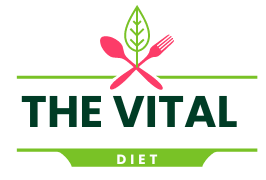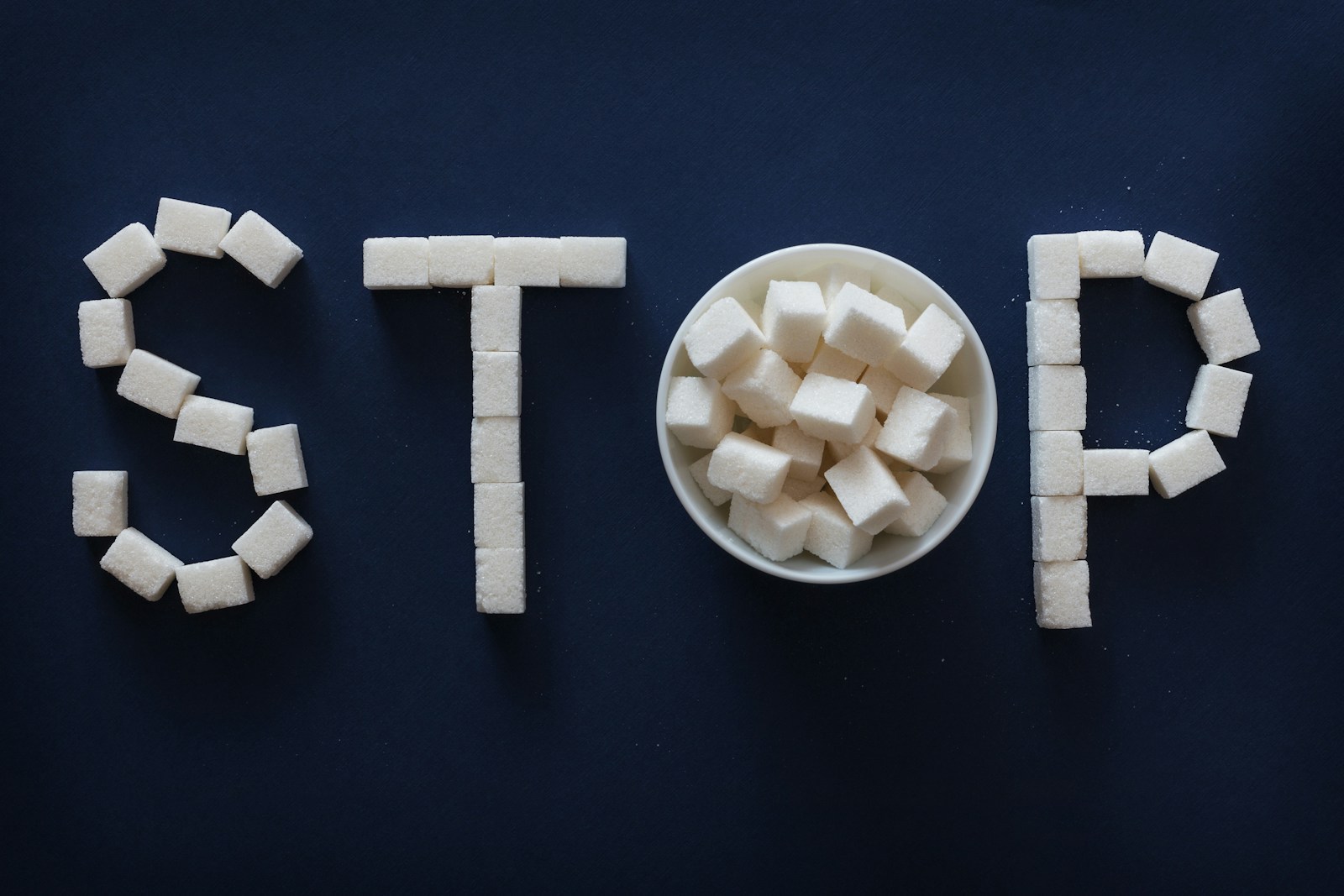
## Introduction
Water fasting is a practice that has been around for centuries, often used for religious or spiritual purposes. However, in recent years, it has gained attention as a form of dieting and detoxification. Before embarking on this journey, it is vital to understand what it entails, its potential benefits, and the risks involved.
The primary keyword for this article is Water Fasting and the secondary keywords include Detoxification, Weight Loss, Health Risks, and Nutrition.
What is Water Fasting?
Water fasting is a type of fasting where the individual consumes only water for a certain duration. This period can range anywhere from 24 to 72 hours, but some people may choose to water fast for even longer, particularly under medical supervision.
markdown Copy code
**Remember:** Water fasting should not be undertaken lightly or without professional guidance due to the potential health risks involved.
The Purpose of Water Fasting
There are different reasons why people choose to water fast. Some do it for spiritual or religious reasons, while others do it as a form of detoxification, or to kick-start a weight loss regimen. However, it’s essential to note that there’s little scientific evidence to support these claims.
What Can You Consume During a Water Fast?
During a water fast, the only thing you are allowed to consume is water. Some studies suggest that drinking mineral water can provide some essential minerals to the body during the fasting period.
What You Cannot Consume
The name says it all: water fast. This means that all food and beverages, aside from water, are off-limits. This includes coffee, tea, alcohol, zero-calorie sports drinks, and even food.
“Water fasting is not just a diet; it’s a test of discipline and endurance.”
Preparing for a Water Fast & Tips
Water fasting is a serious undertaking and should not be done without medical clearance and supervision. Those who wish to water fast should prepare both mentally and physically. This might involve slowly reducing food intake in the days leading up to the fast, staying well-hydrated, and ensuring you have a support system in place in case of any difficulties.
The Pros of Water Fasting
Despite the potential risks, there are some possible benefits to water fasting:
- Reduced Intake of Harmful Substances: Water fasting can lead to a temporary reduction in the consumption of harmful substances like alcohol, sugar, and sodium.
- Lower Blood Pressure: There’s evidence to suggest that water fasting can lower blood pressure, especially in individuals with borderline hypertension.
- Cell Recycling: The process of autophagy, where cells are broken down and recycled, is thought to be promoted during a water fast. This might play a role in preventing diseases like cancer, heart disease, and Alzheimer’s.
- Lower Risk of Heart Disease: Limited research suggests that water fasting can help with heart disease by reducing levels of triglycerides and cholesterol.
- Protection Against Diabetes: Fasting, in general, can improve insulin sensitivity, which might lower the risk of type 2 diabetes.
The Cons of Water Fasting
With the potential benefits come significant risks:
- Digestive Upset: After a period of severe calorie restriction, reintroducing food can cause digestive discomfort and nausea.
- Nutrient Deficiencies: Fasting can lead to nutrient deficiencies as the intake of essential vitamins, minerals, fatty acids, and electrolytes are limited.
- Dehydration: Despite drinking water, you can still run the risk of dehydration during a water fast.
- Unsafe Blood Pressure Changes: Drinking too much water can lead to hypotension or low blood pressure.
- Inability to be Physically Active: Lack of energy during a water fast makes it difficult to be physically active.
Is Water Fasting a Healthy Choice for You?
When it comes to maintaining a healthy lifestyle, there is no one-size-fits-all approach. The USDA Dietary Guidelines recommend a balanced diet that includes a variety of food groups, which is not adhered to in a water fast. Therefore, it may not be a healthy choice for everyone, particularly for long-term weight management.
Setting Your Calorie Goal
If your goal is to lose weight, consider using a calorie calculator to help you determine how many calories you should consume each day. This can be a more sustainable and healthy approach to weight management.
Final Words
While a water fast might seem like a quick way to lose weight and detoxify the body, it’s not a sustainable or necessarily healthy approach to weight management. It’s always best to consult with a healthcare provider or a registered dietitian before starting any new diet plan.
“The best diet is always the one that is balanced and fits your lifestyle.”
Now you are armed with the knowledge of what water fasting entails, the potential benefits, the risks, and alternatives. It’s up to you to make an educated decision about whether water fasting is the right choice for you.





